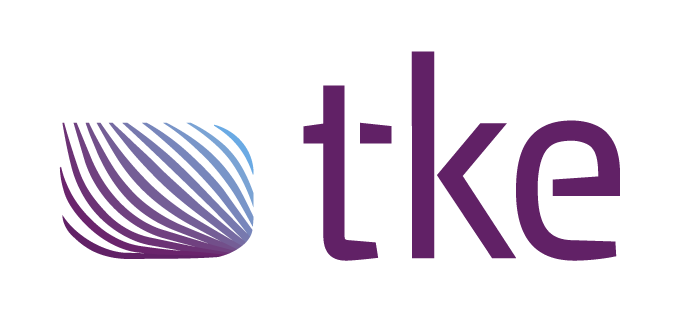Why is control systems design crucial for automation?
Control systems are integral to the field of automation, serving as the backbone that ensures processes operate smoothly and efficiently. At their core, control systems are designed to manage, command, direct, or regulate the behavior of other devices or systems. These systems are essential for maintaining the desired outputs in various automated processes, making them invaluable in numerous industries.
The fundamental components of control systems include sensors, controllers, and actuators, each playing a crucial role in the system’s functionality. Sensors gather data from the environment, providing critical information about the process conditions. Controllers then process this data to determine the necessary actions, while actuators carry out these actions to adjust process variables and maintain the desired output. Together, these components interact seamlessly to ensure that automated systems perform optimally.
How do control systems enhance automation efficiency?
Control systems significantly enhance the efficiency and accuracy of automated processes. By continuously monitoring and adjusting operational parameters, these systems ensure that processes remain within predefined limits, leading to improved product quality and reduced waste. This capability is particularly beneficial in industries where precision and consistency are paramount, such as manufacturing, energy, and defense.
For example, in the marine industry, control systems manage various functions, from engine performance to navigation systems, ensuring safe and efficient operations at sea. In the energy sector, they play a critical role in managing power generation and distribution, optimizing the use of resources while minimizing downtime. These examples illustrate how control systems can transform operational efficiency and drive innovation across different fields.
What are the key components of a control system?
The main components of a control system include sensors, controllers, and actuators. Sensors act as the eyes and ears of the system, collecting data on variables such as temperature, pressure, and speed. This information is crucial for the controller, which processes the data to make informed decisions on how to adjust the system’s operations.
Controllers, often equipped with algorithms and logic, determine the necessary adjustments to maintain the desired output. They send commands to the actuators, the components responsible for executing the required actions, such as opening a valve, adjusting a motor speed, or shifting a position. This interconnectedness ensures precise control over the system, enabling it to respond quickly to any changes in the environment or process conditions.
Why is control systems design important for safety?
Control systems design is critical for ensuring safety in automated environments. A well-designed control system can prevent accidents and malfunctions by maintaining processes within safe operating limits. Poorly designed systems, on the other hand, can lead to catastrophic failures, posing significant risks to both personnel and equipment.
Real-world examples highlight the importance of robust control systems design. In the automotive industry, for instance, control systems govern critical safety features such as braking and stability control. A failure in these systems can result in accidents and endanger lives. Similarly, in industrial settings, control systems manage hazardous processes, and any design flaw can lead to explosions or toxic releases. Thus, investing in reliable control systems design is essential for safeguarding people and assets.
How can TK Engineering Oy support your automation needs?
At TK Engineering Oy, we specialize in providing comprehensive control systems design solutions tailored to meet the unique needs of various industries. With over two decades of expertise in CAN bus technology, we offer innovative and scalable automation solutions that enhance performance and ensure long-term success.
Our services encompass control system design, testing and troubleshooting, research and pre-studies, product development, and training. By collaborating with market leaders, we deliver cutting-edge communication systems that optimize automation processes. Whether you operate in the marine, energy, off-highway vehicles, or defense sectors, our team is equipped to support your automation needs, ensuring your systems are reliable, efficient, and safe. Explore our services to discover how we can enhance your control systems for better performance and reliability.



